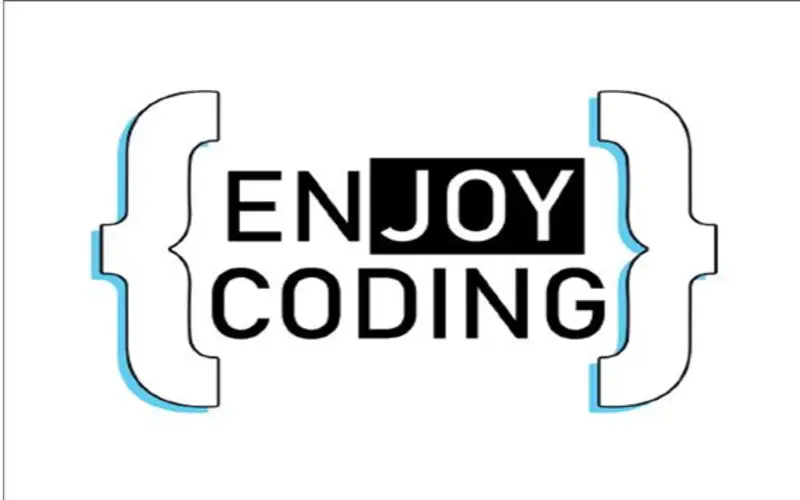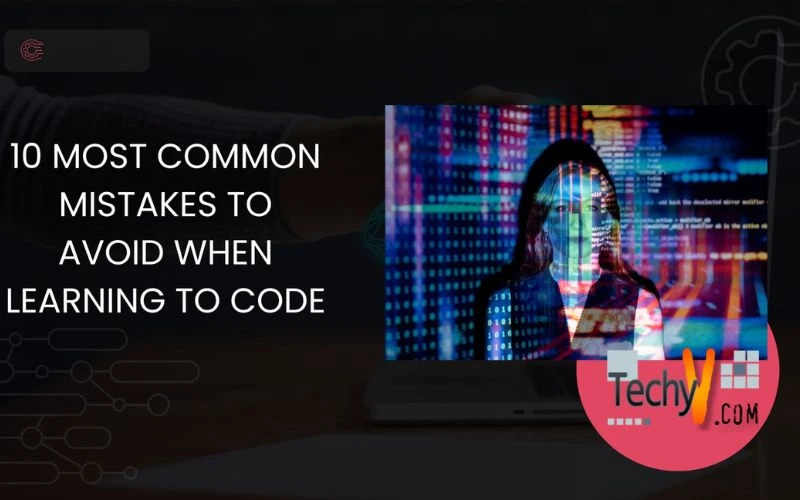Mistakes improve a person’s life. The same is true when someone learns to code. A coding journey is an endless marathon, not a sprint. Therefore, when a person starts learning to code, they must realize that the journey will not be smooth. It takes rigorous practice, study, confidence, determination, and hard work. When most people start learning their first programming language (or several languages, etc., more on that later), they make common mistakes. These mistakes can make the whole learning and coding process less enjoyable. In this article, we identify ten mistakes that everyone makes when they start learning to code. Rarely or very severely. So, let’s get started.
1. Trying To Learn Multiple Languages At Once
If you are just starting to code and not sticking to one language can be one of the worst mistakes you can make. While it’s certainly possible, and many people recommend it, learning multiple languages can cause you a lot of frustration. Many concepts distinguish one programming language from another, such as C++ is a low-level procedural language, ‘;’ and Python, on the other hand, is an interpreted high-level object-oriented language that uses indentation. Overall, sticking with one language and mastering it when you start programming is good for you in two ways: getting the language and having the confidence to learn other languages later.
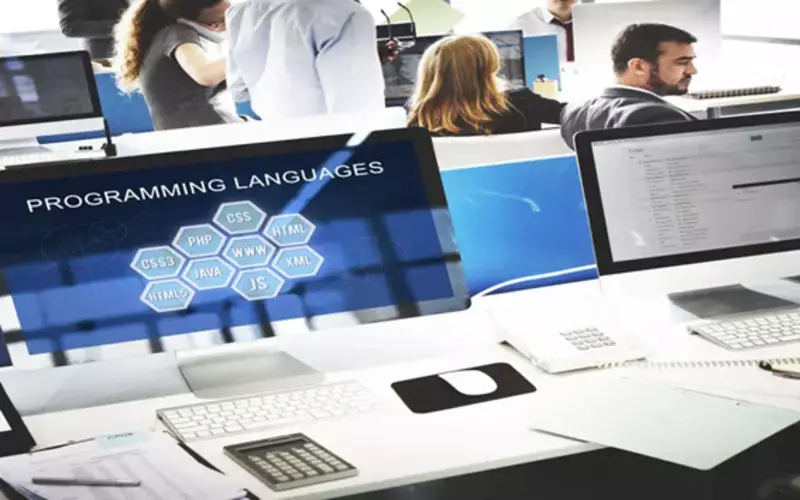
2. Coding Without Planning
Whether a small coding problem or a big project, planning on paper before you start coding can help you analyze cases you might have overlooked and avoid logical errors. If you go straight to the first solution you come across. While coding, the most important thing to keep in mind is to have a clear, high-level idea of how your program works. This not only saves time, but also gives you the freedom to explore and analyze various approaches and cases to solve problems.
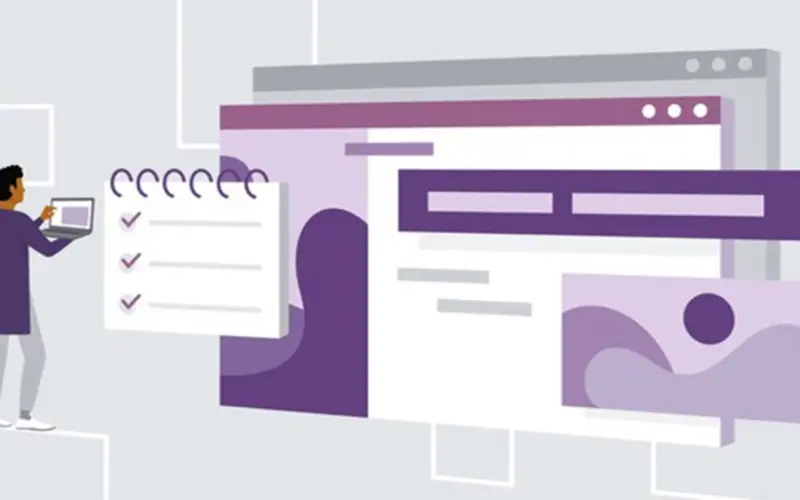
3. Skipping Important Topics While Learning To Code
Coding is a gradual process. When learning a skill, it is always important to follow this approach, that is, to follow a particular path without deviating from it. Let’s say you study math, you can’t learn algebra if you don’t have basic numerology skills. It will be difficult to progress in this way. Again, skipping topics when learning to code is strictly not recommended. For example, you cannot learn control statements and arrays without a good knowledge of operators and variables.
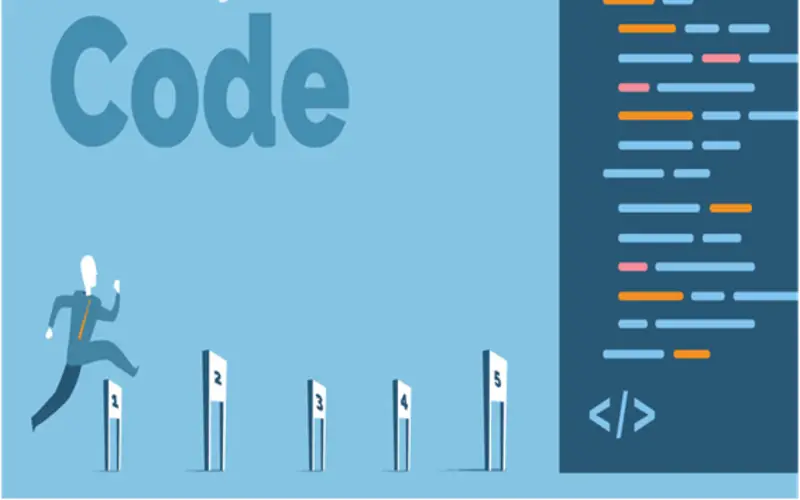
4. Learn To Code In Isolation
Beginners are often afraid to attend events or comment in open online communities. Imposter syndrome is real. However, if you are a beginner, be aware that other members of the programming community want to promote you as a developer. This is the approach taken by most experienced developers. People of these community are very cooperative. Don’t underestimate the importance of building relationships with other developers. Talking about code and collaborating on projects is one of the best ways to improve and build trust.
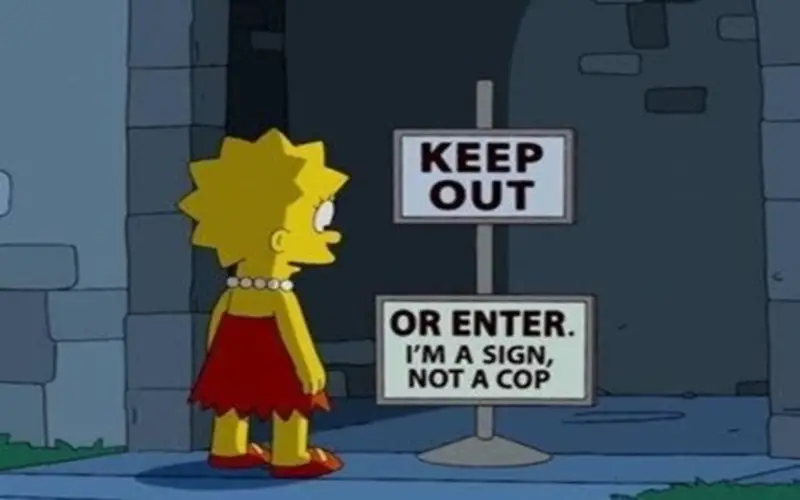
5. Not Asking For Help When You Need It
When learning to code, it’s normal to get stuck on a particular problem or concept. However, it’s important to ask for help when needed so you don’t get stuck for too long. Joining online communities, seeking help from more experienced programmers, or even working with a mentor can help overcome any challenges.
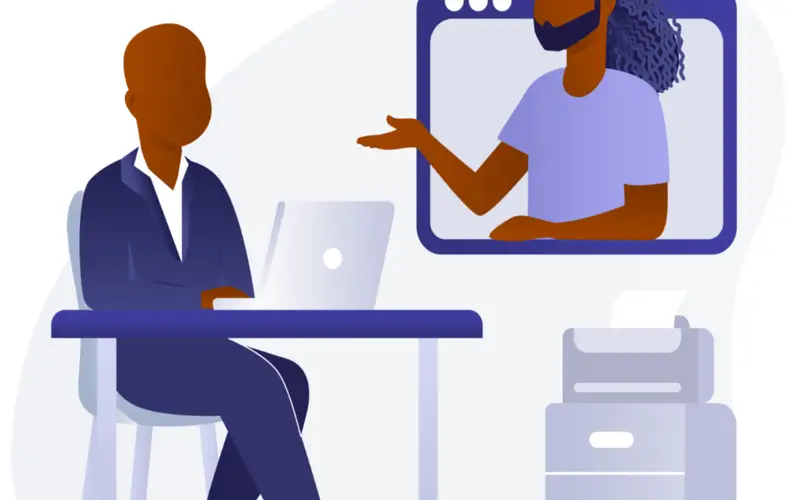
6. Not Practicing Enough
Learning to code is like learning any new skill – practice makes perfect. It’s important to set aside enough time to practice coding regularly. This can involve coding challenges, coding exercises, or even personal coding projects. Consistency is the key to coding progression. It is difficult to solve problems without practice. If you don’t practice, you will lose quite a lot of knowledge in about a month. Once you are reasonably familiar with the language, continuing to practice will further strengthen your command of the language. Try to write code every day and make it a habit.
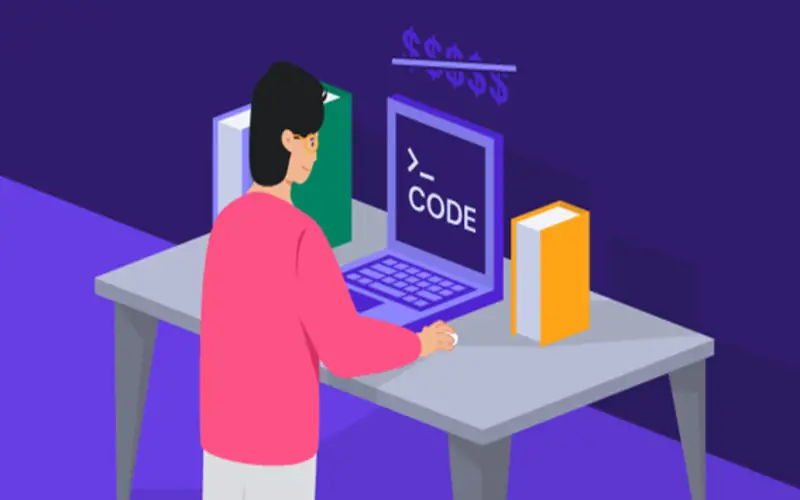
7. Using Multiple Resources For Learning
It seems like a good approach, but it’s not at all recommended for learning to code. Learning to code from multiple sources has many undesirable effects. Learning from multiple sources can confuse learners. Since different resources use different solutions and definitions for individual problems, beginners may not understand how these two solutions can produce the same result. After reaching a certain level, programmers themselves know different ways to solve problems.
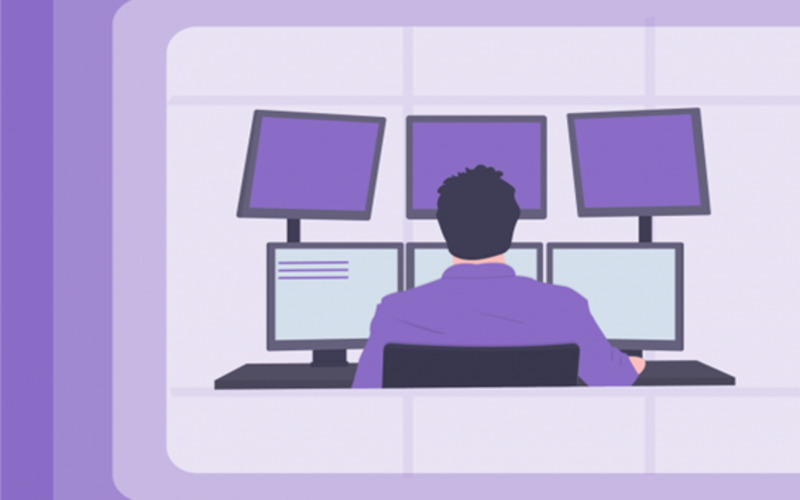
8. Copy Someone Else’S Code Instead Of Trying To Figure Out What’S Wrong With Yours
Suppose you write a question, and a bunch of errors pop up. Even after fixing syntax errors, you still end up with code that doesn’t work, or worse, you don’t know why. After hours of frustration, you decide to google the problem and try to replicate a different approach. Now, while there is no harm in trying different ways to get the output, unresolved logical errors can lead you into many similar long-term dead ends. After all, your method is the first place you think of. It is therefore very important to understand exactly what is wrong with a particular method and why it cannot be used. When you encounter similar problems in the future, your head will know in which direction you should not go.
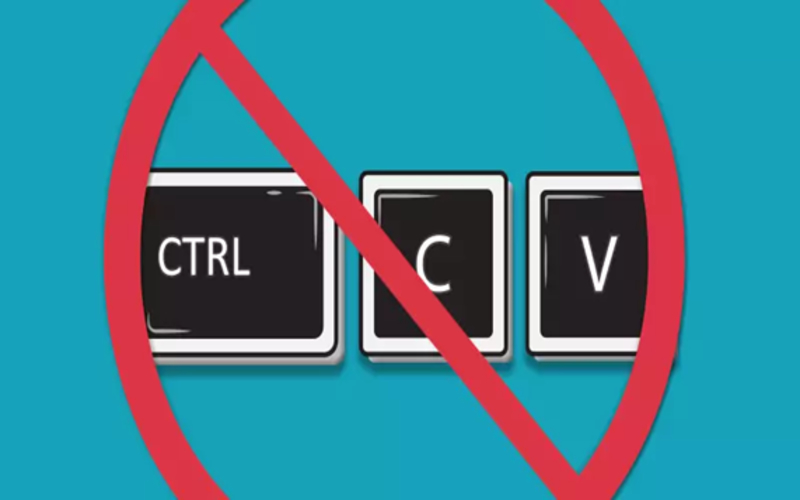
9. Not Understanding The Problem Before Starting To Code
Before you start writing code, you need to have a good understanding of the problem you’re trying to solve. This involves breaking the problem down into smaller, more manageable tasks and identifying the requirements and constraints of the problem. This will help you create effective and efficient solutions that meet project objectives.
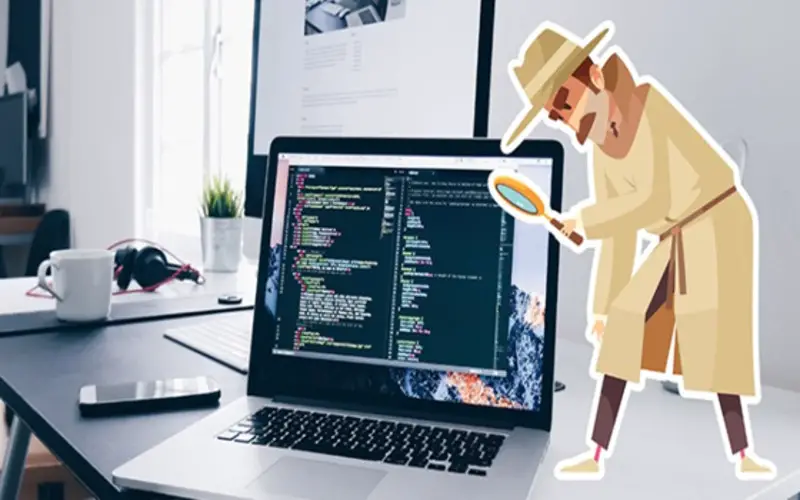
10. Not Having Fun
Learning to code can be difficult, but it can also be a rewarding and fun experience. When you love what you’re doing, you’re more likely to stick with it, practice more, and learn faster. If you’re not having fun learning to code, it’s important to find out why. Maybe you’re not interested in the language or technology you’re using, or maybe you’re struggling with a particular concept. If so, try switching to a language or technology that interests you more, or find ways to make coding more fun, like working on a project you’re passionate about. Overall, having fun while learning to code is important because it will help you stay motivated, engaged, and ultimately more successful.
